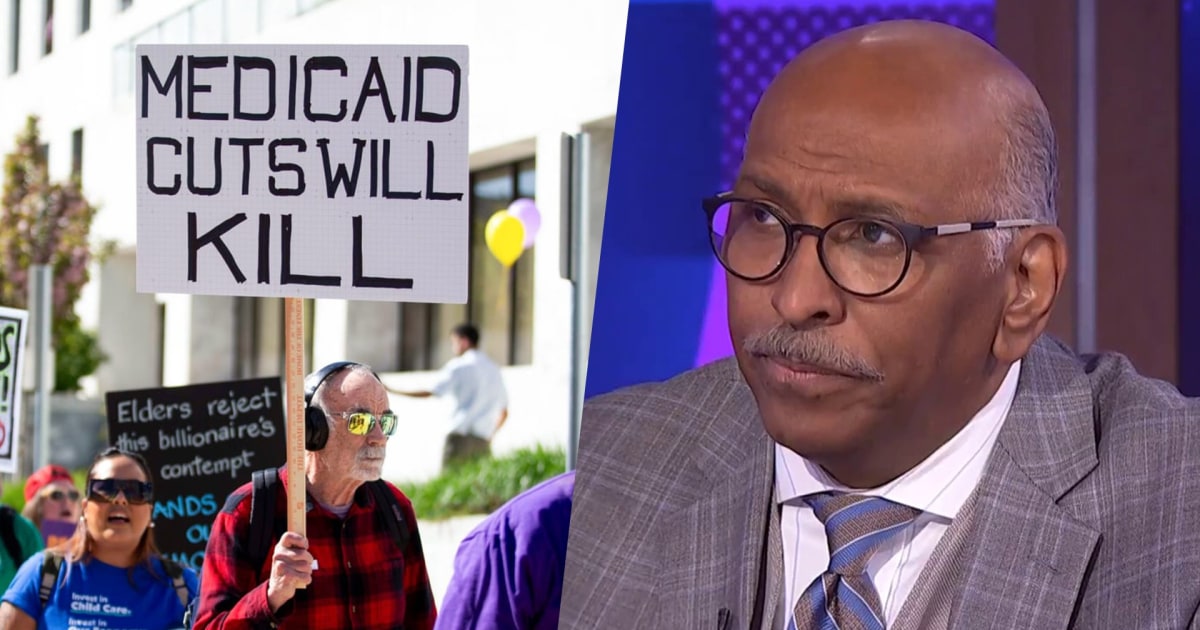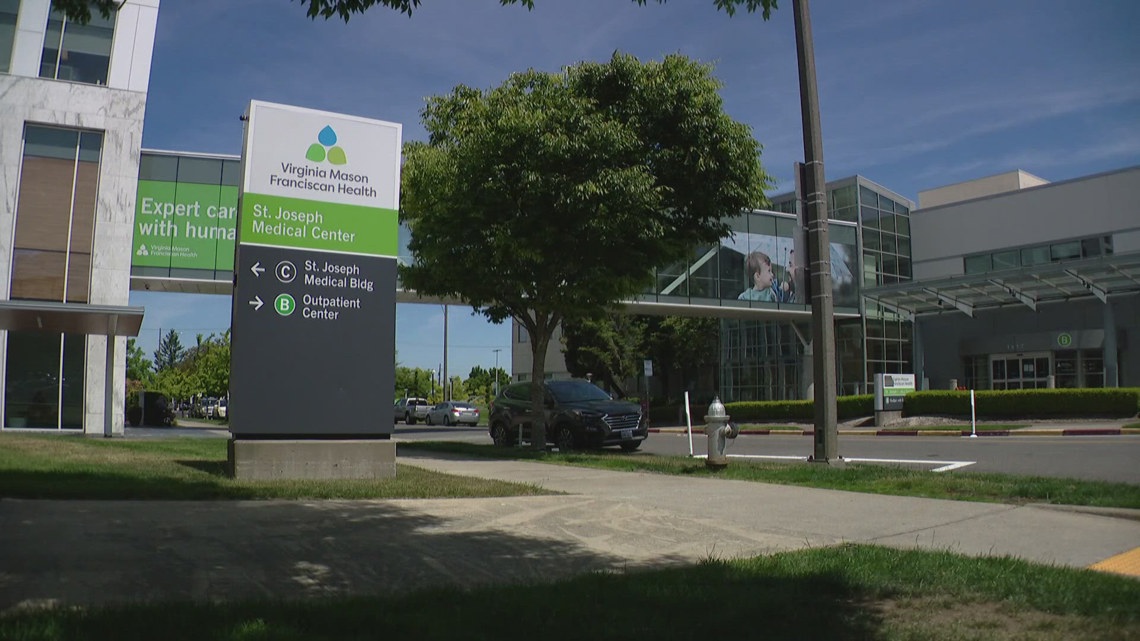GOP's Healthcare Promises: Empty Rhetoric or a Path to Reform? Michael Steele's Blunt Assessment

For years, the Republican party has vowed to 'repeal and replace' the Affordable Care Act (ACA), promising a better, more affordable healthcare system for all Americans. But has this pledge ever translated into a concrete plan? Former Republican National Committee Chairman Michael Steele delivers a stark assessment, arguing that 'repeal and replace' has become little more than empty rhetoric, failing to offer a viable alternative.
Joining The Weeknight, Steele dissects the recurring promises and the lack of substantive action, highlighting the challenges inherent in dismantling a complex system like the ACA without a clear and well-defined replacement. He questions the feasibility of the GOP's long-standing healthcare goals, particularly in the face of political gridlock and evolving public opinion.
Adding further context to the discussion, Rohit Chopra, the former director of the Consumer Financial Protection Bureau, provides valuable insights into the potential ramifications of the Republican budget bill on the U.S. healthcare landscape. Chopra's expertise in consumer protection and financial regulation allows him to analyze how proposed budgetary changes could impact access to healthcare, affordability, and the overall stability of the system.
The Broken Promise of 'Repeal and Replace'
The phrase 'repeal and replace' has become synonymous with Republican healthcare policy since the passage of the ACA in 2010. Yet, despite numerous attempts to dismantle and rebuild the system, the promise remains largely unfulfilled. Steele points out that the core issue isn't necessarily a lack of desire for change, but rather a failure to articulate a coherent and politically viable alternative.
“The problem isn't that Republicans don’t want to fix healthcare; it’s that they haven’t offered a clear, detailed plan to do so,” Steele explains. “'Repeal and replace' sounds good on paper, but without a concrete strategy, it’s just a slogan.” He emphasizes the need for Republicans to move beyond broad promises and present specific, actionable proposals that address the concerns of both patients and providers.
The Impact of the Republican Budget Bill
Chopra’s analysis sheds light on how the current Republican budget bill could further complicate the healthcare landscape. While the specifics of the bill are still being debated, potential cuts to funding for healthcare programs and regulatory agencies could have significant consequences for millions of Americans.
“We need to carefully examine the potential impact of these budgetary changes on access to care, particularly for vulnerable populations,” Chopra warns. “Reducing funding for essential healthcare programs could lead to higher costs, reduced coverage, and ultimately, poorer health outcomes.” He stresses the importance of protecting consumer protections and ensuring that healthcare remains accessible and affordable for all.
Looking Ahead: A Path to Healthcare Reform
As the debate over healthcare reform continues, both Steele and Chopra offer valuable perspectives on the challenges and opportunities that lie ahead. Steele urges Republicans to abandon the empty rhetoric of 'repeal and replace' and focus on developing a realistic and sustainable plan for improving the healthcare system.
Chopra emphasizes the need for bipartisan cooperation and a commitment to protecting consumers. He argues that healthcare reform should prioritize affordability, access, and quality, and that any changes to the system should be carefully evaluated to ensure they do not harm vulnerable populations. The conversation underscores the need for a serious and nuanced discussion about the future of healthcare in the United States, moving beyond political slogans and focusing on practical solutions.






